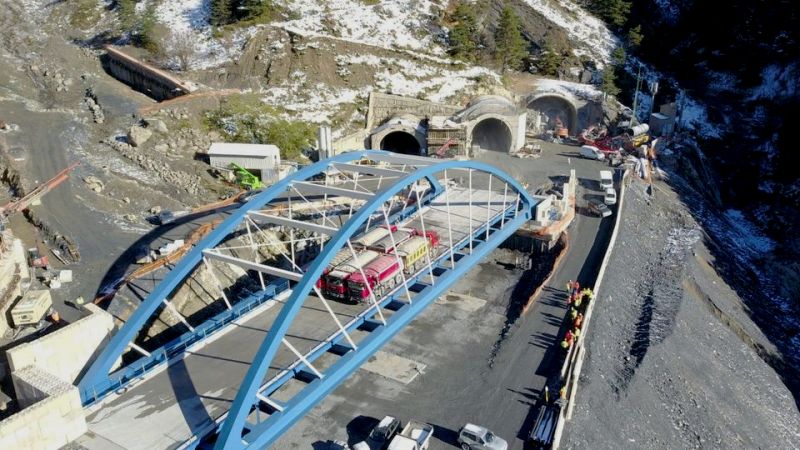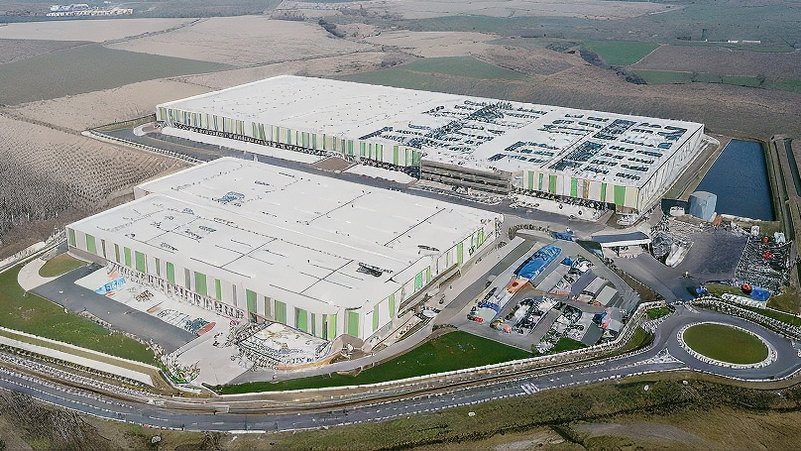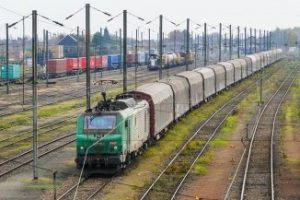From September 16, 2024, for a six-month period, Germany will expand its current border controls, which are presently in place along the borders with Austria, Switzerland, the Czech Republic, and Poland. These controls will now extend to the borders with France, Luxembourg, the Netherlands, Belgium, and Denmark—essentially covering all of the nation's frontiers. The Ministry of the Interior announced that the controls will be both stationary and mobile, and flexible depending on the situation. The primary objective is to limit the entry of migrants, who, if found in irregular situations, will be turned away. This is the government’s response to recent attacks and the subsequent public reaction. The six-month deadline is not set in stone and could be extended.
This decision has already sparked negative reactions from some neighboring countries, as well as within Germany itself. The Green Party, which is part of the ruling coalition, has voiced opposition to the deportation measures. Concerns are also growing in the business sector, particularly over delays and congestion at the borders. Transport associations, in particular, have raised doubts, fearing significant disruptions in road transport, which could affect delivery efficiency and timelines.
In addition to being a destination country, Germany also plays a key role in international goods transit, both along east-west and north-south routes. Border controls could lead to increased transport costs, which may result in higher shipping rates. There could also be repercussions for maritime transport, as shippers might turn to alternative ports. This would occur during an already critical phase for German transportation, given the economic downturn and ongoing issues with the rail network.



































































